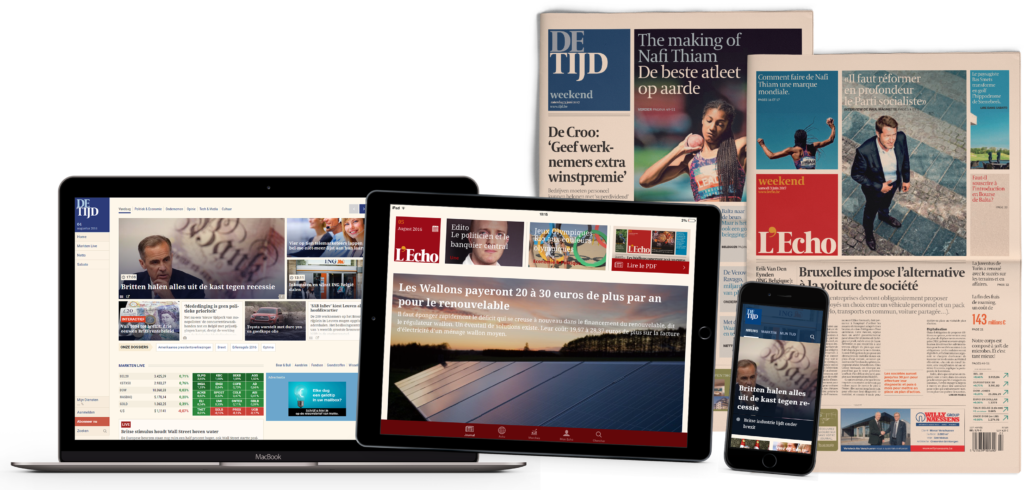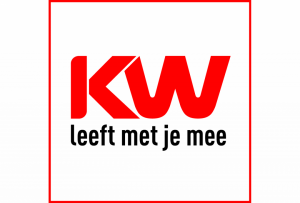History
PrintNewspaper
Expansion by take-overs, which is what happened in 1996 when the paid West-Flemish weeklies were attributed the common title 'KW Krant van West-Vlaanderen'.
The KW Krant van West-Vlaanderen turns into a provincial newspaper with a circulation of 100,000 by taking over De Zeewacht (1979), het Kortrijks Handelsblad (1990), het Brugsch Handelsblad (1990) and finally Het Wekelijks Nieuws in 2000.
KW De Krant van West-Vlaanderen consists of three parts:
First of all there is the new paper KW De Krant van West-Vlaanderen for the entire province with reports and background information concerning all aspects of life in West Flanders.
Besides, every region has one traditional title with all the local news, family life, social life, etc.:
KW Het Brugsch Handelsblad (Bruges, Knokke, Torhout), KW De Weekbode (Roeselare, Izegem, Tielt), KW De Weekbode (Kortrijk, Menen, Waregem), KW Het Wekelijks Nieuws (Westhoek, Westkust) and KW De Zeewacht (Ostend).
The third part of the package is KW Magazine, a lifestyle and entertainment magazine for the whole of West Flanders.
THE FINANCIAL AND ECONOMIC NEWSPAPERS

In 2018, Roularta takes a 50% participation in Mediafin, publisher of dailies such as De Tijd and L’Echo and the weekly De Belegger.
As wide-scoped business newspapers, De Tijd and L’Echo focus on all matters of the business sector, the financial markets and the policy. The newspapers and websites of De Tijd and L’Echo are destined for entrepreneurs, managers, investors, decision-makers… in short: all initiators. For them, De Tijd and L’Echo, printed or digital, are invaluable tools. The multimedia editorial office of De Tijd and L’Echo ensure that all news is also available on smartphone, tablet, website and even web TV.
